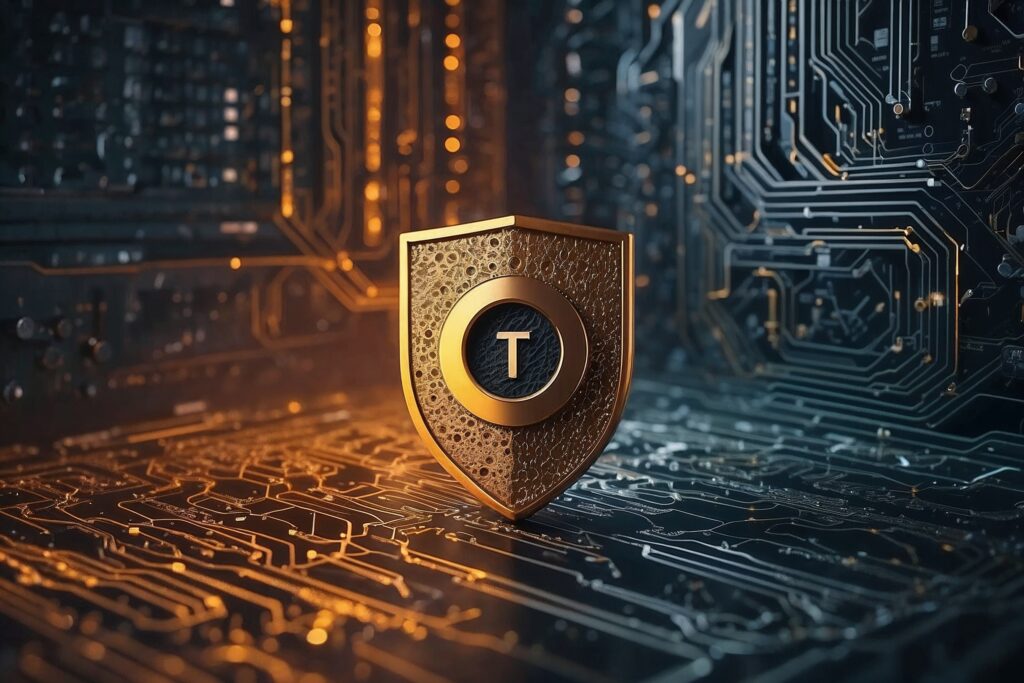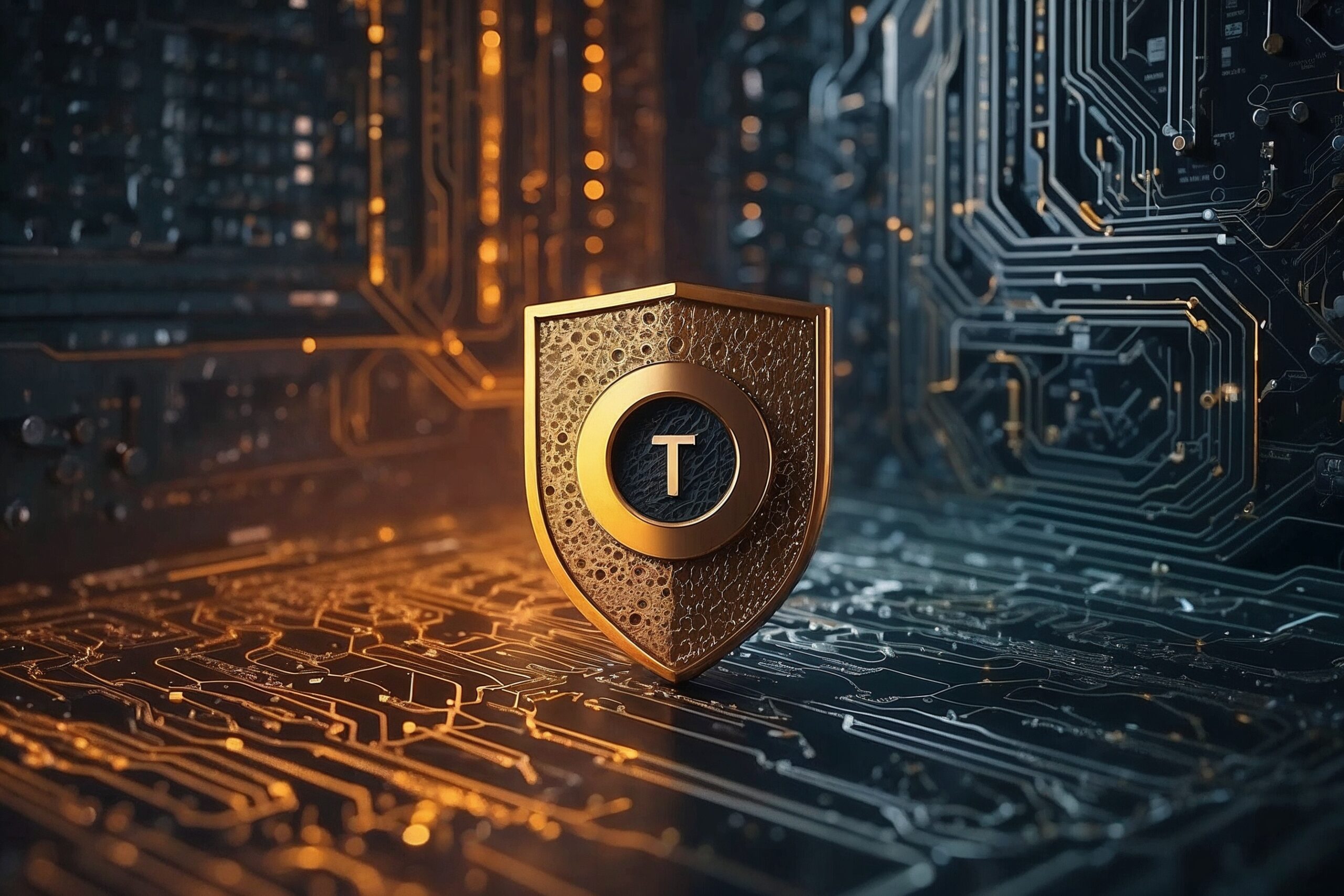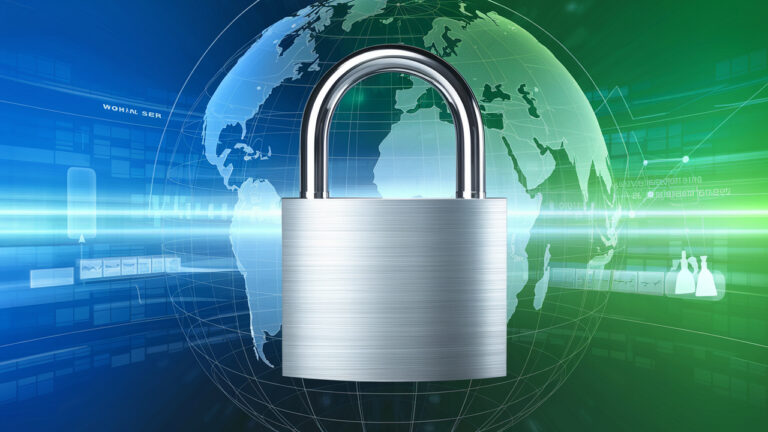Understanding VPN Encryption Protocols: What You Need to Know
Understanding VPN Encryption Protocols: What You Need to Know
What Are VPN Encryption Protocols?
If you’ve ever looked into VPNs, you’ve probably seen terms like OpenVPN, WireGuard, and IKEv2/IPSec thrown around. But what do they actually mean? VPN encryption protocols are the technologies that determine how your data is encrypted and transmitted over the internet.
Think of it like choosing between different types of locks for your front door. Some are stronger, faster, and more secure, while others are outdated and easy to break into. The protocol your VPN uses matters a lot—it affects your security, speed, and overall experience.
If you want the best security and performance, choosing the right VPN with the best protocols is a must. That’s why I recommend NordVPN, which gives you access to multiple advanced encryption protocols for maximum protection.
Get NordVPN here: Secure Your Connection Now

Why Do VPN Encryption Protocols Matter?
Not all VPNs are created equal. The protocol they use determines how safe your data is from hackers, ISPs, and government surveillance. Here’s why VPN encryption matters:
✔ Protects your online activity from prying eyes
✔ Secures your data on public Wi-Fi networks
✔ Allows safe access to geo-restricted content
✔ Prevents ISPs from throttling your connection
✔ Ensures fast and stable performance
If your VPN is using an outdated protocol, you might as well not be using a VPN at all. That’s why choosing a reliable VPN with strong encryption protocols is critical.
The Most Common VPN Encryption Protocols
1. OpenVPN (The Gold Standard)
✔ Best balance of security & speed
✔ Uses 256-bit encryption (military-grade)
✔ Works on almost all devices
OpenVPN is the most widely used VPN protocol because it offers high-level security without killing your internet speed. It’s one of the most secure options out there and is supported by almost every major VPN, including NordVPN.
2. WireGuard (The Future of VPNs)
✔ Faster than OpenVPN
✔ Strong encryption with lightweight code
✔ Great for streaming and gaming
WireGuard is the latest VPN protocol, designed to be faster and more efficient than OpenVPN. It’s a great choice if you want high security but also need speed, especially for streaming and gaming. NordVPN offers WireGuard under their proprietary “NordLynx” technology, making it one of the fastest VPNs available.
Want the fastest and safest VPN? Get NordVPN here:
Try NordVPN with NordLynx
3. IKEv2/IPSec (Best for Mobile Devices)
✔ Great for mobile users
✔ Automatically reconnects after connection drops
✔ Strong security with decent speed
If you’re using a VPN on your phone or tablet, IKEv2/IPSec is a solid choice. It’s optimized for mobile networks and automatically reconnects if your connection drops. This makes it ideal for travelers and remote workers who rely on mobile data.
4. L2TP/IPSec (Outdated but Still Used)
❌ Slower than OpenVPN & WireGuard
❌ Not as secure as newer protocols
✔ Better than no encryption at all
While L2TP/IPSec was once a standard VPN protocol, it’s not as secure or efficient as newer options. It still encrypts your data, but if you’re looking for real security, you should go with OpenVPN or WireGuard instead.
5. PPTP (Avoid This One!)
❌ Weak security, easy to break
❌ Can be hacked in minutes
❌ Not recommended for privacy
If your VPN still offers PPTP, run the other way. It’s an outdated protocol with weak encryption, making it almost useless in today’s cybersecurity world.

Which VPN Protocol Should You Use?
If you’re looking for the best balance of security and speed, here’s what I recommend:
- For everyday use: OpenVPN
- For fast streaming & gaming: WireGuard (NordLynx)
- For mobile devices: IKEv2/IPSec
- For outdated networks: L2TP/IPSec (but only if necessary)
- Avoid PPTP at all costs
Need a VPN that supports the best protocols? Get NordVPN here:
Protect Your Data Now
Why Free VPNs Use Weak Encryption
I know free VPNs sound tempting, but most of them use weak encryption or outdated protocols. Some don’t encrypt your data at all, and worse, they sell your browsing activity to third parties.
If you’re using a VPN, you need strong encryption—otherwise, you’re just wasting your time. NordVPN offers top-tier encryption protocols like OpenVPN and WireGuard, ensuring your data stays safe at all times.
Choose the Right VPN with Strong Encryption
If your VPN isn’t using the best encryption protocols, you’re not getting the full protection you need.
✔ Want high security and fast speeds? Use OpenVPN or WireGuard.
✔ Need a mobile-friendly option? IKEv2/IPSec is great.
✔ Want a VPN that supports all of these? NordVPN has them all.
Your online security matters—don’t settle for outdated protocols. Get NordVPN today and browse the internet safely, privately, and without restrictions.
Sign up here: Get NordVPN Now
5 More Reasons to Use NordVPN
1. No Logs Policy
NordVPN doesn’t track or store your browsing history. Total privacy guaranteed.
2. Thousands of Servers Worldwide
You’ll always have a fast and stable connection, no matter where you are.
3. Works on All Devices
NordVPN runs on PCs, Macs, iPhones, Android, routers, smart TVs, and more.
4. 24/7 Customer Support
If you ever run into issues, NordVPN’s support team is available 24/7 to help.
5. 30-Day Money-Back Guarantee
Try NordVPN risk-free—if you don’t love it, you get your money back.
Get started today: Try NordVPN Now
What Happens If You Use a VPN With Weak Encryption?
Let’s say you’re using a VPN, but it’s running on an outdated or weak encryption protocol like PPTP. What does that mean for you? It means your data is still vulnerable. Hackers, ISPs, and even government agencies can still see what you’re doing online or intercept your personal information.
A VPN is only as good as the encryption it uses, so if you’re serious about security, make sure you’re using a VPN with strong encryption like OpenVPN or WireGuard.
How VPN Encryption Protects You on Public Wi-Fi
Ever connected to free Wi-Fi at a coffee shop, airport, or hotel? These networks are goldmines for hackers, who can easily intercept your data if it’s not encrypted. With the right tools, they can steal your passwords, emails, and even credit card details without you even knowing.
But when you’re connected to a VPN with strong encryption, all your online activity is protected—so even if someone tries to spy on your connection, all they see is scrambled data. That’s why I never connect to public Wi-Fi without using a VPN first.
Stay safe on public Wi-Fi—get NordVPN here:
Protect Your Data Now
Why Every Business Should Use a VPN With Strong Encryption
If you work remotely or run an online business, you can’t afford to take security risks. Data breaches cost companies millions of dollars every year, and many of them happen because of poor encryption or weak security practices.
A VPN with military-grade encryption ensures that your sensitive emails, client data, and business transactions stay completely private. If you’re serious about keeping your work safe, investing in a VPN like NordVPN is a no-brainer.
Secure your business today—get NordVPN here:
Get NordVPN Now







